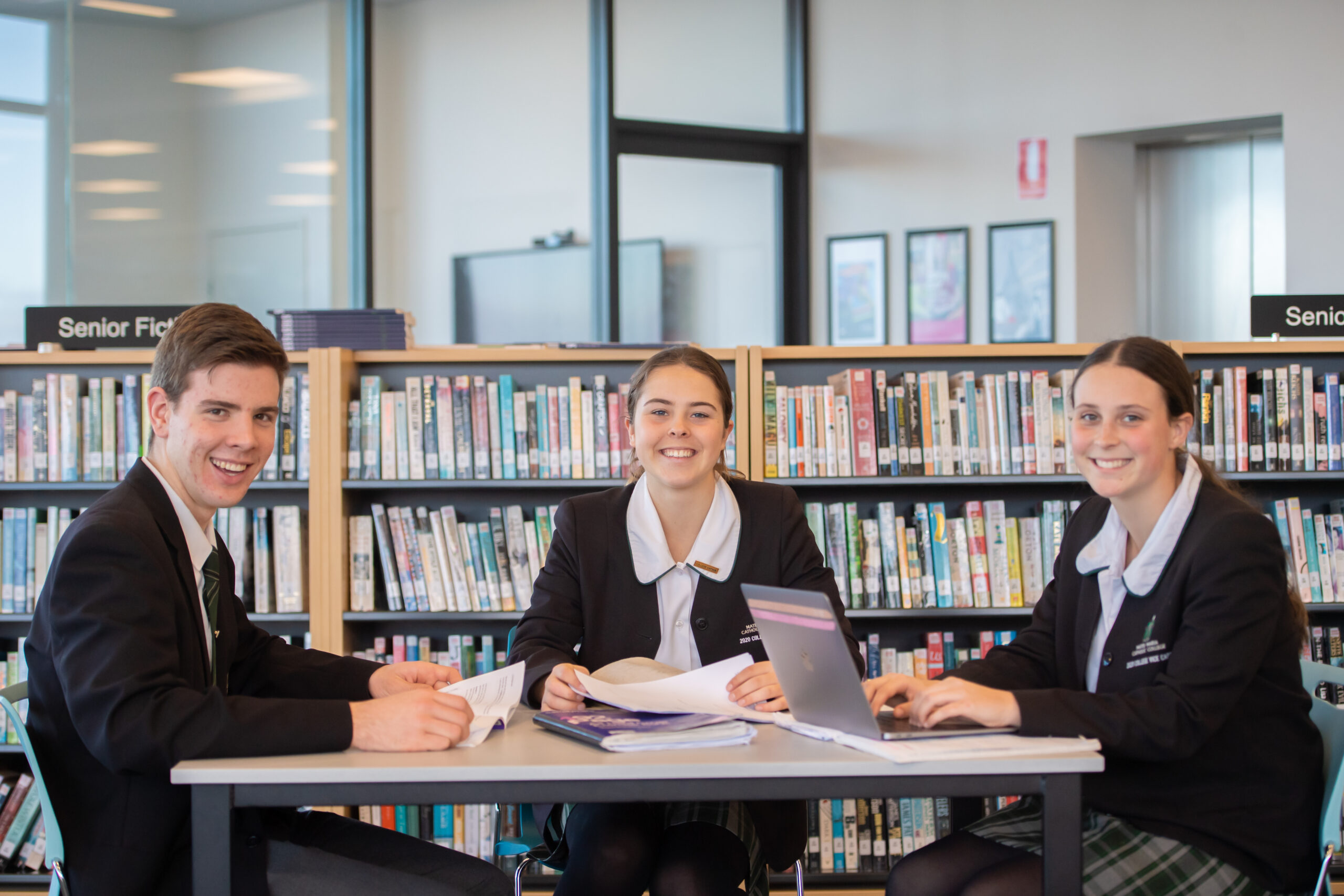By Dallas McInerney, Chief Executive Officer of Catholic Schools NSW
First published in The Sydney Morning Herald 30/8/2021
Does every problem have a solution? The answer must always be yes; to think otherwise is to contemplate life without hope or, indeed, a future. The pandemic is seriously testing this outlook. Our policymakers are confronting wicked challenges in real-time against an invisible enemy, and they deserve both our support and grace.
In normal circumstances, the Higher School Certificate is a hugely complex exercise: 120different written examinations held in more than 750 exam centres, overseen by 7500supervisors, resulting in excess of 400,000 papers to be marked, all condensed into a few weeks starting in October. Oh, don’t forget the stringent security protocols during the drafting, printing and transporting of exams to maintain rigour and confidentiality. Now try it during a 1-in-100-year pandemic within the limits of a restrictive public health regime.
There is a basic two-part covenant that exists within the NSW school sector at present: students, remain focused on your studies and end-of-year preparation, and the leaders and administrators will ensure you will be awarded an HSC that minimises COVID-related disadvantage while maintaining integrity in the credential.
I have no doubt the students are keeping up their end of the bargain. The teachers have been outstanding. The rest of us have some quick work to do.
Emerging optimistic from a disrupted 2020, this year’s HSC candidates have already had multiple adjustments to their assessment tasks and the commencement date for their written exams twice delayed. Combine that with remote learning, stay-at-home orders and a confusing ensemble of information, and certainty is now the most valuable gift we can deliver to these students.
Future opportunities for certainty should not pass unrealised, and those opportunities should be taken in the coming days, not weeks. Staff and student resilience should not be tested for a day longer than necessary; as my former NSW Education Standards Authority board colleague, Mark Scott,
wrote on these pages on Saturday, these students are bewildered by how little control they have at the moment.
To be clear, the default position is the HSC written examinations should proceed in the most normal manner possible, given COVID-19 restrictions; the students have been preparing for these tests for several years, they have invested themselves in the process, and they deserve that opportunity. External exams are a great leveller, minimising the influences of wider privilege and allowing for a fair comparison between the assessment marks allocated by the school.
However, the degree of difficulty in staging written HSC examinations within the Public Health Orders while faithfully addressing the equity concerns (as we must) has risen dramatically.
It should be a source of reassurance to the community that the government has available to expert advice from a special purpose committee, which in turn has access to the most experienced educationalists and psychometricians in the country. The NESA COVID-19 Response Committee has been in place since 2020. All three school sectors are represented, and it continues to advise the government on options and issues relating to the conduct of HSC examinations (most recently as last week), as per its mandate.
Nothing further is required of administrators or leaders but purposive action and a final decision. COVID-19 doesn’t do serendipity.
HSC students have been told three different dates for the commencement of their 2021 written examinations; no one should tolerate a fourth. Assuming that the date is now inviolate and exams are to proceed, the exam timetable remains the missing piece. This needs to be finalised and shared without delay.
Finally, as the exigencies of the pandemic recede, let’s discern whatever opportunity we can amid this awful time. The HSC has been in place for more than 50 years and has proven to be adaptive and resilient, an internationally recognised end-of-school credential. However, the longevity of the HSC is no guarantee of its continuing inherent utility. All things should be re-examined as frequently as is prudent, even if we end up keeping what we have. Before that, let’s give these kids the HSC opportunity they deserve. It’s the least we should do.

